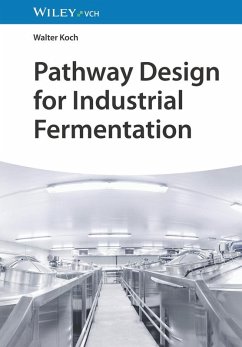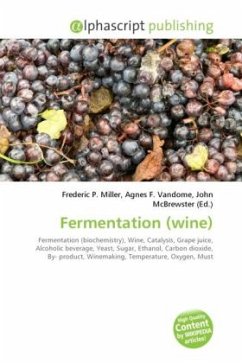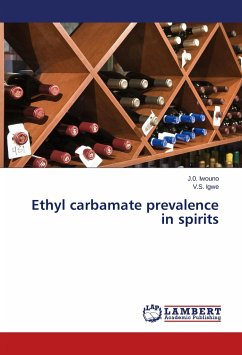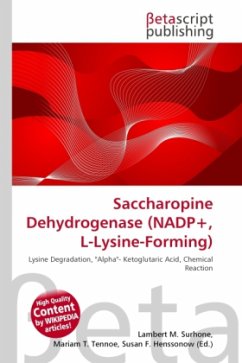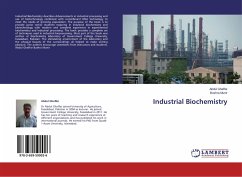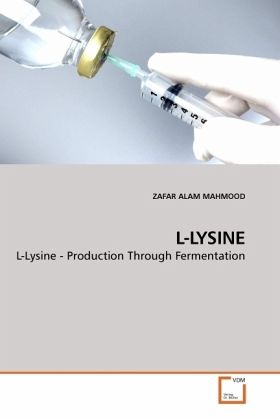
L-LYSINE
L-Lysine - Production Through Fermentation
Versandkostenfrei!
Versandfertig in 6-10 Tagen
45,99 €
inkl. MwSt.

PAYBACK Punkte
23 °P sammeln!
The importance of L-lysine as an essential amino acid in the nutrition of human beings has made it a desirable supplement of the diet, particularly in the under-developed and over-populated areas of the world, where the chief staples have been found deficient in this amino acid. L-lysine production brought about a new concept in fermentative production of amino acids. The microbial synthesis gives rise to optically pure L-lysine, thus making the process advantageous over the synthetic one. The demand of L-lysine is still increasing in the field of foods, animal feeds, pharmaceuticals and chemi...
The importance of L-lysine as an essential amino acid in the nutrition of human beings has made it a desirable supplement of the diet, particularly in the under-developed and over-populated areas of the world, where the chief staples have been found deficient in this amino acid. L-lysine production brought about a new concept in fermentative production of amino acids. The microbial synthesis gives rise to optically pure L-lysine, thus making the process advantageous over the synthetic one. The demand of L-lysine is still increasing in the field of foods, animal feeds, pharmaceuticals and chemicals, etc. To meet increasing and diversified demands, there is still room for improvement in strains based on the knowledge of microbial physiology.Studies on process optimization for lowering the expense of carbon and energy source is also desirable. With these objectives, production of L-Lysine was achieved through fermentation of an auxotrophic mutant developed from a strain of Corynebacterium glutamicum. While a homoserine auxotrophic mutant resistant to AEC, displayed the potential to be used for the commercial production of L-Lysine.



